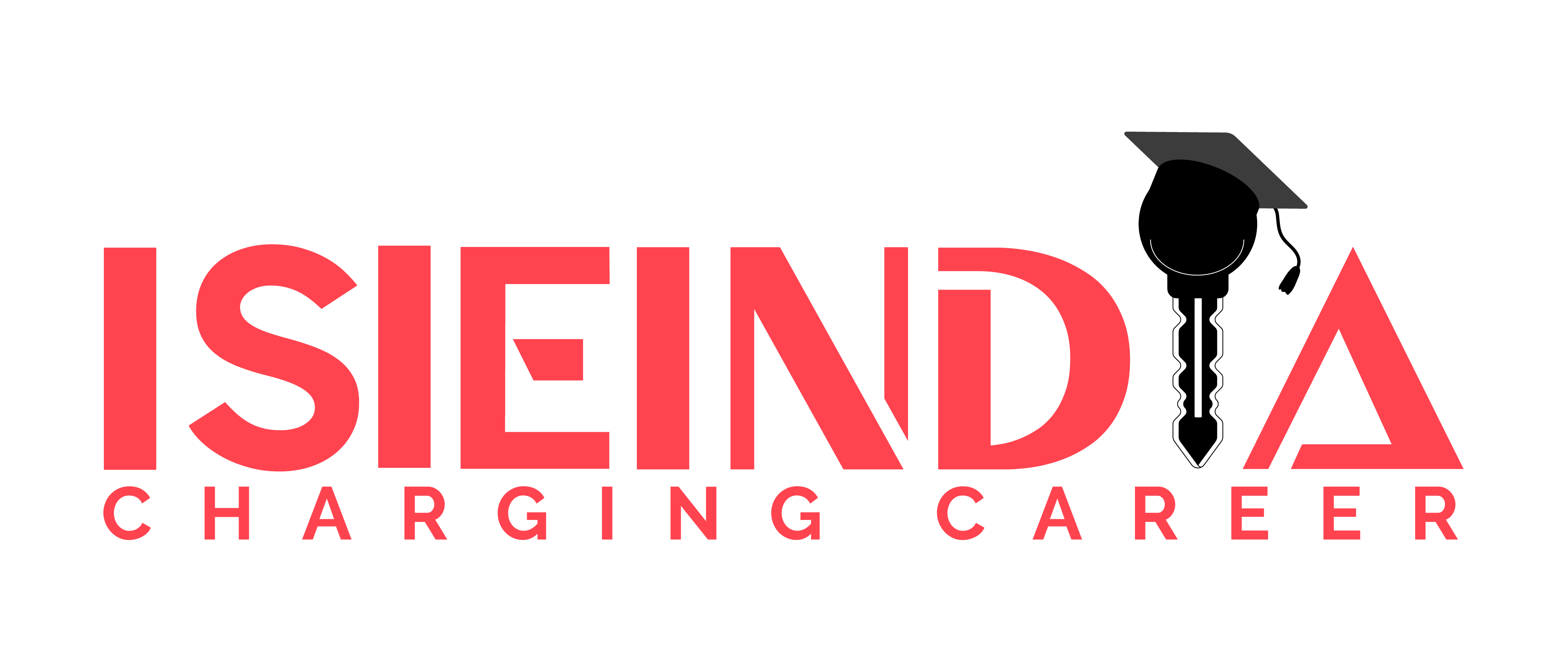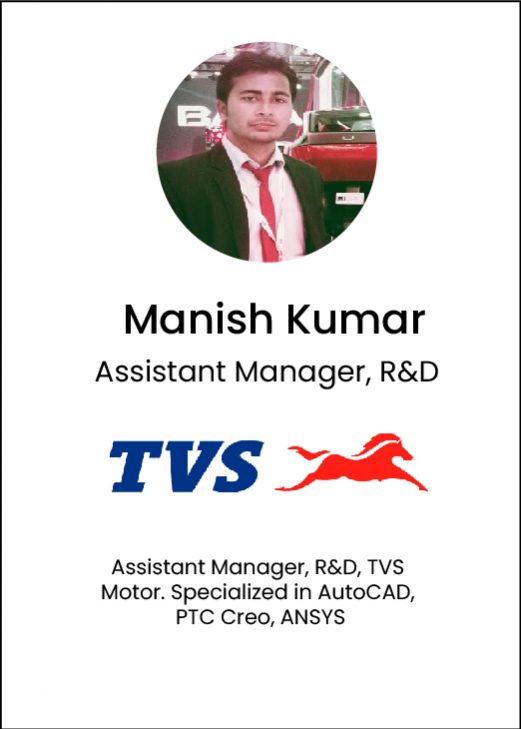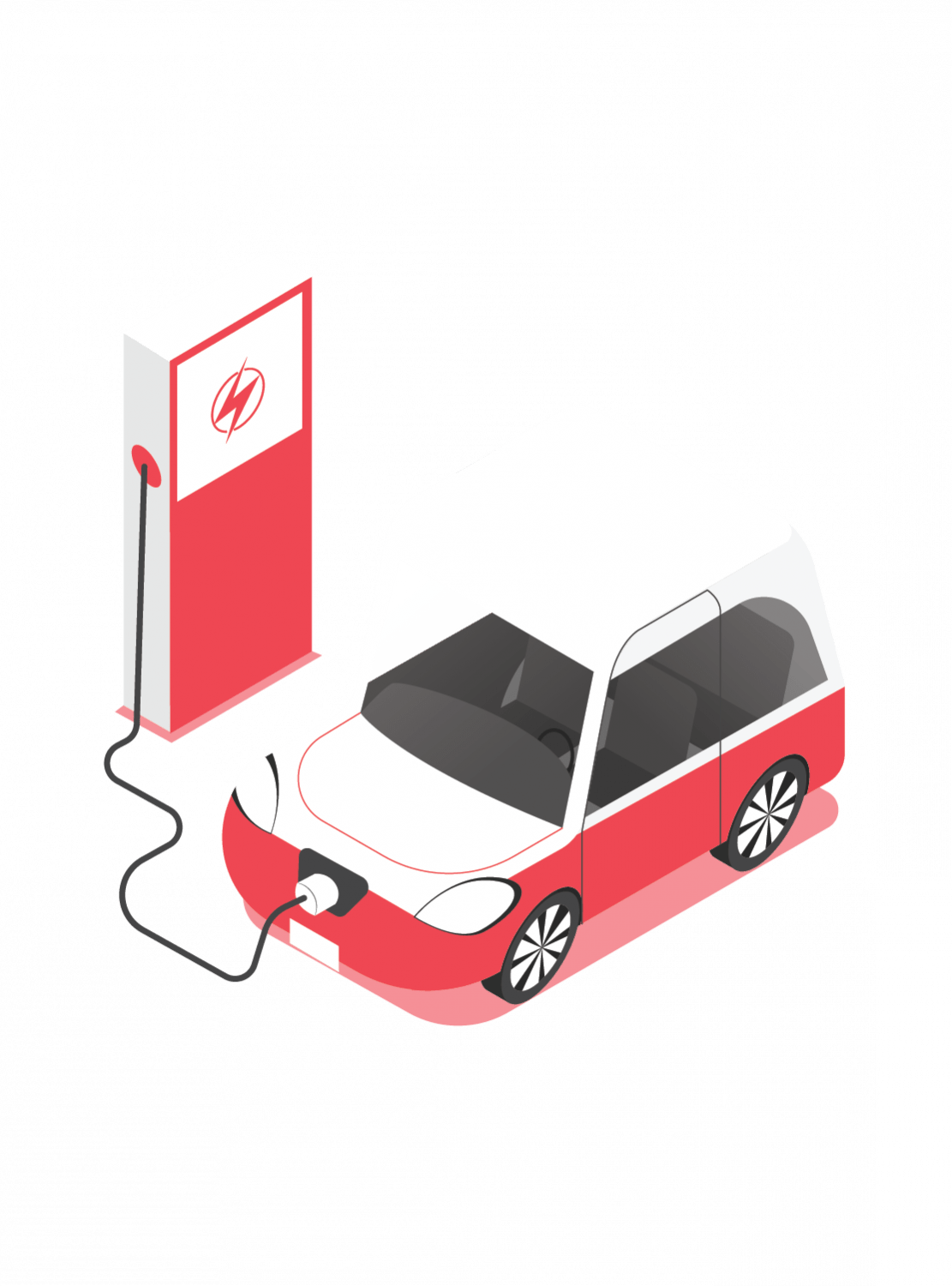Nano Degree Program in Connected, Autonomous, and Electric Vehicles
This Nano Degree Program equips learners with the skills to innovate in the realm of Connected, Autonomous, and Electric Vehicles, shaping the future of transportation.

Next Cohort Starts: 30th April 2024
Minimum Eligibility: Students with minimum 50% or equivalent passing marks.
Apply Now

350+
Participating Companies

6.9 LPA
Average CTC

30 LPA
Highest CTC

60 %
Average Salary Hike
Get Placement In

06 Month Live + Online Classes
Learn through online lectures delivered by our Top Ranked Faculty (after working hours)

12 Months Hands on learning
Become future ready by applying what you will learn and built industrial projects.

ISIEINDIA Certificate
Earn a Nano Degree Certification in Electric Vehicle from ISIEINDIA - Ranked #1 in Education.

Placement Assistance
You are required to pay the fees either in instalment or in EMI.
Top Skills You Will Learn
Nano Degree Program in Connected, Autonomous, and Electric Vehicles will develop expertise in areas such as vehicle communication protocols, sensor fusion, machine learning for autonomous navigation, electric powertrain design, and the integration of software and hardware systems in modern vehicles.
Who Is This Programme For?
Engineering Graduates pursuing BE/B.Tech in Electrical/Electronics/Mechanical/Automobile/Mechatronics.
Job Opportunities
Graduates of the Nano Degree Program in Connected, Autonomous, and Electric Vehicles can pursue careers as autonomous vehicle engineers, electric vehicle system designers, connected vehicle specialists, automotive software developers, transportation planners focusing on smart mobility solutions, research engineers in automotive industry, and consultants in the field of future transportation technologies.
Minimum Eligibility
Bachelor’s Degree with minimum 50% or equivalent passing marks. No technical experience required.
Still have Questions?
Talk to our Experts…
Join the Electric Vehicle industry
By 2026, IDC predicts Electric Vehicle and cognitive computing spending will reach $52.2 billion. Electric Vehicle is one of the hottest professions.

36%
Annual Job Growth By 2026

50 M
Expected New Jobs By 2030

Rs. 3.5L - 12L
Average Annual Salary
Source: IESA Report
Source: IVCA-EY-Induslaw Report
Source: Glassdoor
Nano Degree Program in Connected, Autonomous, and Electric Vehicles
Certified by NSDC
Complete all the courses successfully to obtain the certification from NSDC, supported by SMEV
• Earn a PG Degree in EV Engineering
• Widely recognized and valued programmed in EV Engineering
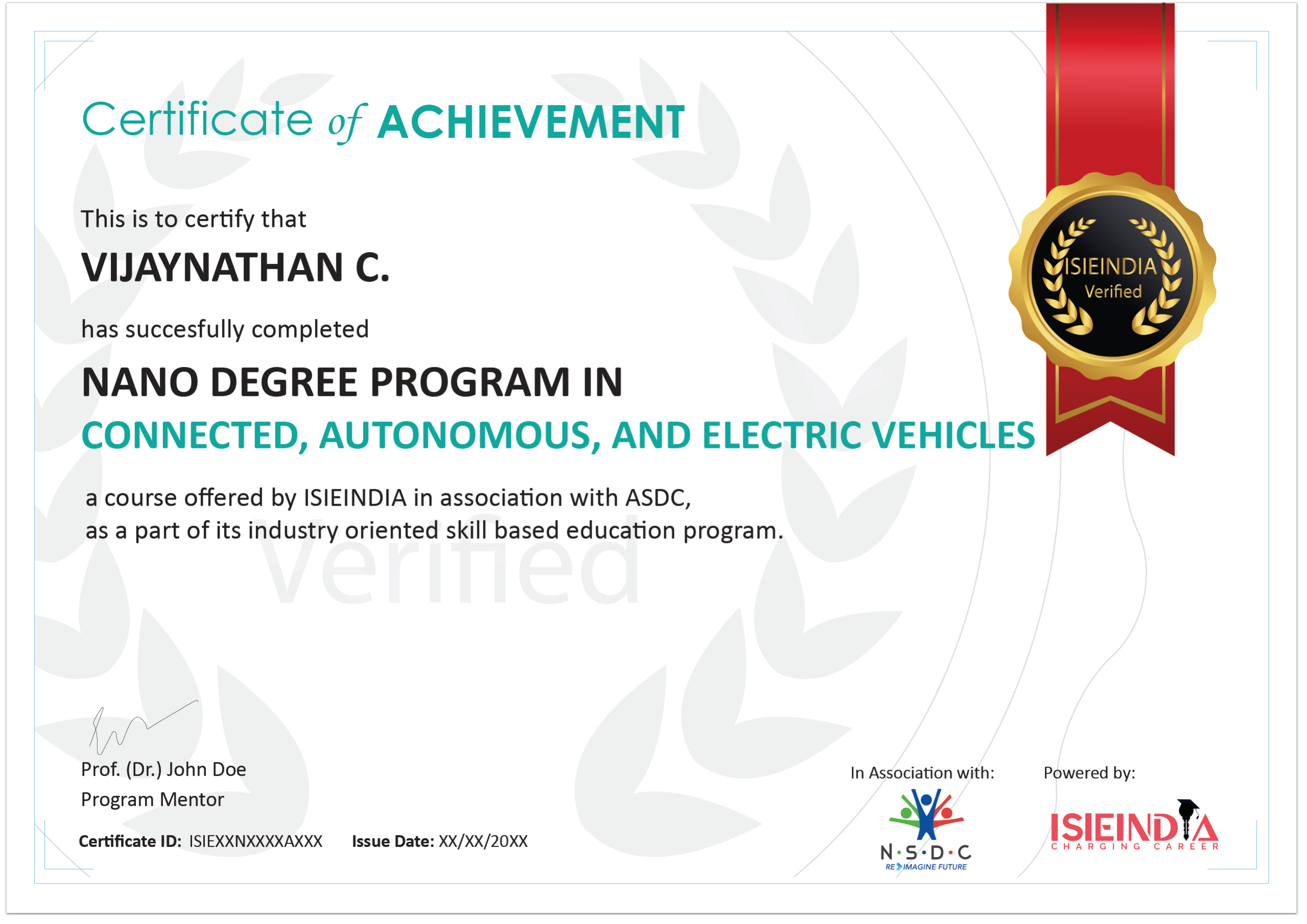
Brochure
Best-in-class content by leading faculty and industry leaders in the form of videos, cases and projects
ISIEINDIA Instructors
Learn from leading Industry oriented trainer, faculty and leaders
Our Expert Work At
Top companies from all around the world

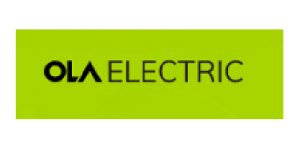

Syllabus
Best-in-class content by leading faculty and industry leaders in the form of videos, cases and projects, assignments and live sessions
120+
Content Hours Available
100+
Industry Projects
10+
Case Study
4+
Tools Covered
MODULE - 1
Basics of Electric Vehicle Overview
Vehicle Dynamics (Governing Equations and Simulations)
Defining the component sizing( Battery Pack, Electrical Machine, Traction Inverter, DC-DC Convertor and Onboard Charger)
Drive cycle Simulation of EV Components in MATLAB and Simulink (Battery cell, Power Electronics, Electrical Machine simulation)
Basics of Lithium-ion cells
Battery Management System, Hardware, Software Function, Communication Protocol
Battery Thermal Management System
Function Safety associated with Battery Pack and BMS System, Battery charging system: On board charger and charging station
Overview of ADAS and Autonomous vehicle Technology SAE levels of ADAS/ AD Software Stack Architecture
Overview of ADAS Features LDW/ LCA /LKA , ACC, IHC, Blind Spot Detection, Forward Collision Warning, Automatic Emergency Braking
Introduction to Simulation for ADAS/ AD- Commons tools and Platform sensors , Map , Traffic
Introduction to ADAS Software Testing Process- Unit/ System/ Integration Testing
Overview of Wireless Network for Connected Vehicles
Standards for Autonomous Vehicle Applications
Transmission & Receiver Systems , Radio Transmission Concepts for Automotive Application
Wireless Networking and Applications to Vehicle Autonomy
Basics of Computer Networking – the Internet of Things
Wireless Networking Fundamentals & Overview to 2G to 5G
Networks for Automotive Application
MODULE - 2
Traction System Topology for EV Applications
EV Powertrain Architecture and design , High voltage safety
Onboard charger and Charging Station
Failure mode Analysis and Diagnostic
Maintenance Guidelines and Troubleshooting for EV
Intro to Computer Vision , Image processing technique
Edge and Line Detection Techniques-CANNY/ HOUGH Transformation
Projective and Stereo Geometry, 3D Computer Vision
Feature Extraction- Image Classification using ANN,CNN, PCA (Principal Component Analysis)
Integration of Wireless Networking and On-Board Vehicle Networks
Review of On-Board Networks – Use & Function for Cars
Connectivity Fundamentals (Car to Networks and within Car)
Navigation and Other Applications
Vehicle-to-Vehicle Technology and Applications – V2V
Vehicle-to-Roadside and Vehicle-to-Infrastructure Applications – V2X
Wireless Security Overview And how it impacts Connected cars
In Car Assistance, Multimedia and Infotainment, Android Auto/ Apple Car play, Car as a Platform, Fastag, GPS, Introduction to Automotive Cybersecurity
Building a connected Vehicle Platform connecting vehicles, storing and analysing data and building consumer application as a Case Study
Tools Covered
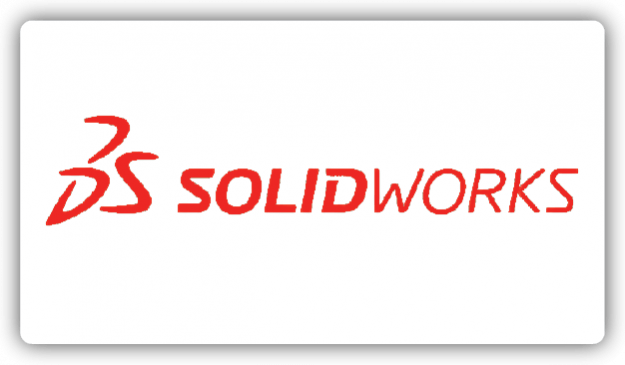
Admission Details
Candidates can apply to this PG certification program in 3 steps. Selected candidates receive an offer of admission, which is accepted by admission fee payment.
STEP 1

Submit Application
Tell us about yourself and why you want to do a PG certification
STEP 2

Application Review
An admission panel will shortlist candidates based on their application
STEP 3

Admission
Selected candidates can start the PG Certification program within
1-2 weeks
Admission Fee & Financing
The admission fee for this Nano Degree Program in Connected, Autonomous, and Electric Vehicles is ₹ 99,999 (Incl. taxes). This fee covers applicable program charges and NSDC Certification.
Financing Options
We are dedicated to making our programs accessible. We are committed to helping you find a way to budget for this program and offer a variety of financing options to make it more economical.
Placement Program
We have partnered with the financing
companies to provide competitive finance options
at 0% interest rate with no hidden costs.

Max EMI/Month
₹ 5,555/month*
Other Financing Options
We provide the following options for one-time payment

Internet
Banking

Credit/Debit
Card

